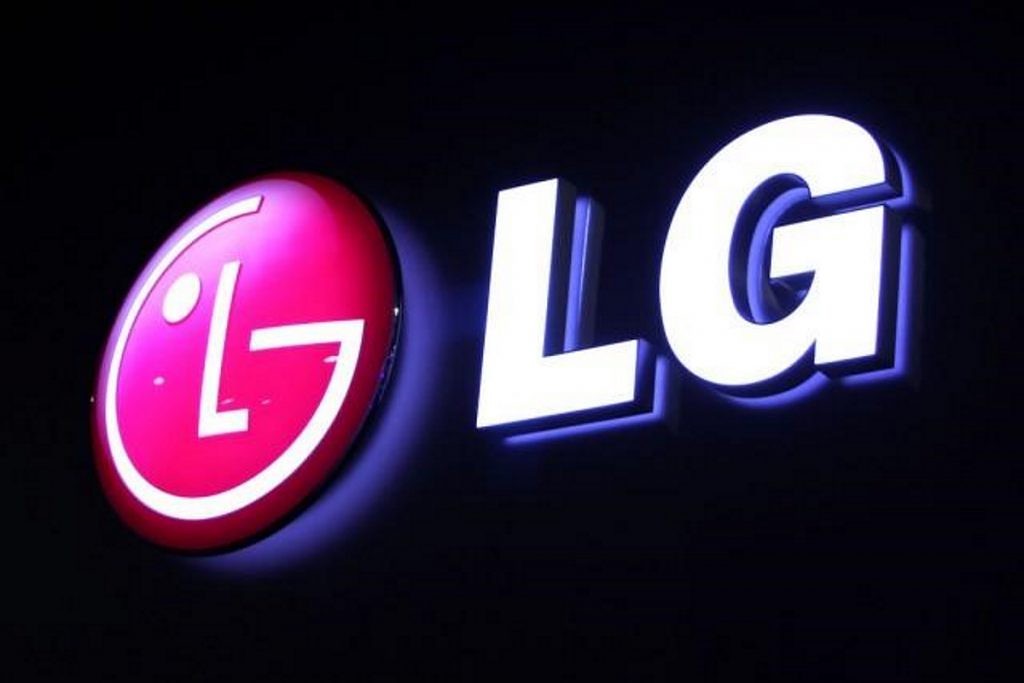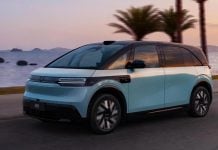South Korea-based LG Electronics is shutting down its smartphone business and now the company is aiming at the growing electronic vehicle supply chain. By the end of July, LG will exit the phone business and shift its focus towards EV business.
During the same month, LG will spin off its EV drive system segment. Canada’s Magna International, which is one of the world’s leading auto parts suppliers, will buy a 49 percent stake in that unit to create a new joint venture.

The joint venture will be called LG Magna e-Powertrain, will be headquartered in Incheon. The company is also preparing to establish bases in Michigan, the US, and Nanjing, China, aiming to secure customers in two countries that are major markets for EVs.
Canada-based Magna’s customers include major automakers like General Motors, BMW, and Ford Motor. Through the partnership with Magna, LG will have a greater potential to supply global automotive leaders.
LG had reported operating profit in 2015 but each year after that, the company has ended up generating losses. Last year, appliances generated 41 percent of revenue while TVs made up 24 percent. Vehicle components brought in 5.8 trillion won ($5.1 billion), just 11 percent of revenue.
But Magna likely weighed other factors in its choice of LG as a partner. The South Korean company has technological strength in core EV components, such as motors and batteries.
Durable appliances like refrigerators and air conditioners depend on motors, compressors, and other components for their durability and energy efficiency. LG has long years of independent research and development of inverters.
LG can also draw on the strength of other members of the LG group, which includes LG Chem — the world’s second-biggest producer of EV batteries — and panel maker LG Display and LG Innotek, which supplies onboard cameras for autos.
The company launched an internal team for automotive components in 2013 in anticipation of the growth of electric vehicles. In 2018, LG made Austrian headlight supplier ZKW into a subsidiary. LG has taken a three-pronged strategy for its automotive business, consisting of headlights, drive components and infotainment, which includes car navigation and audio.
LG forecasts the vehicle components division to turn a profit for the first time in six years in 2021. The company aims to expand sales at an annual pace of 15%. This would turn vehicle components into one of LG’s largest segments, with more than 10 trillion won in annual sales in 2024.
RELATED:






